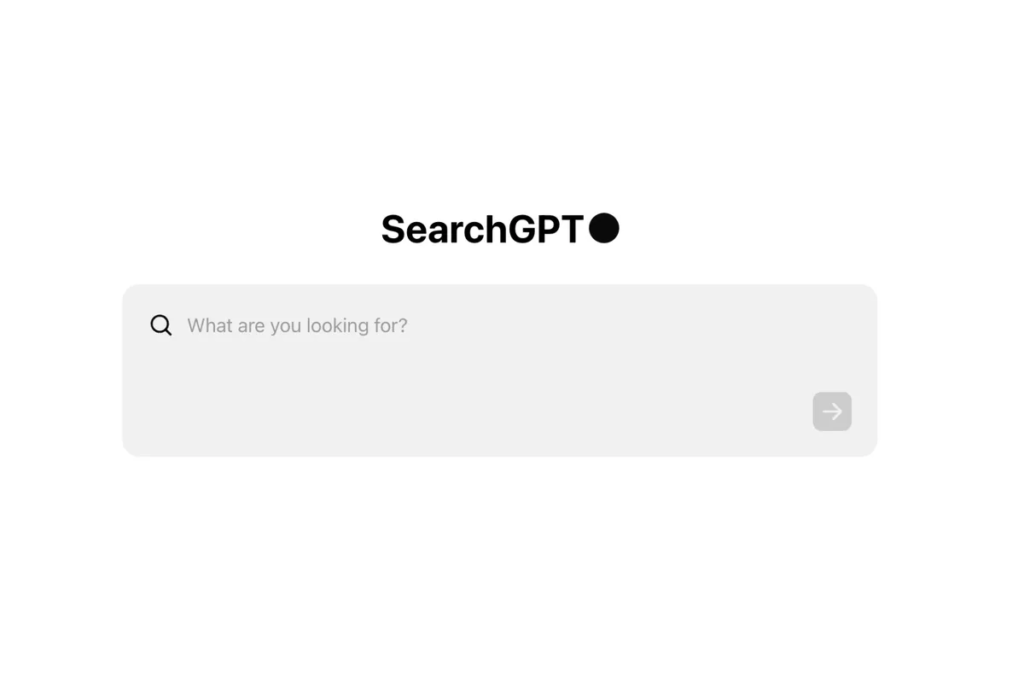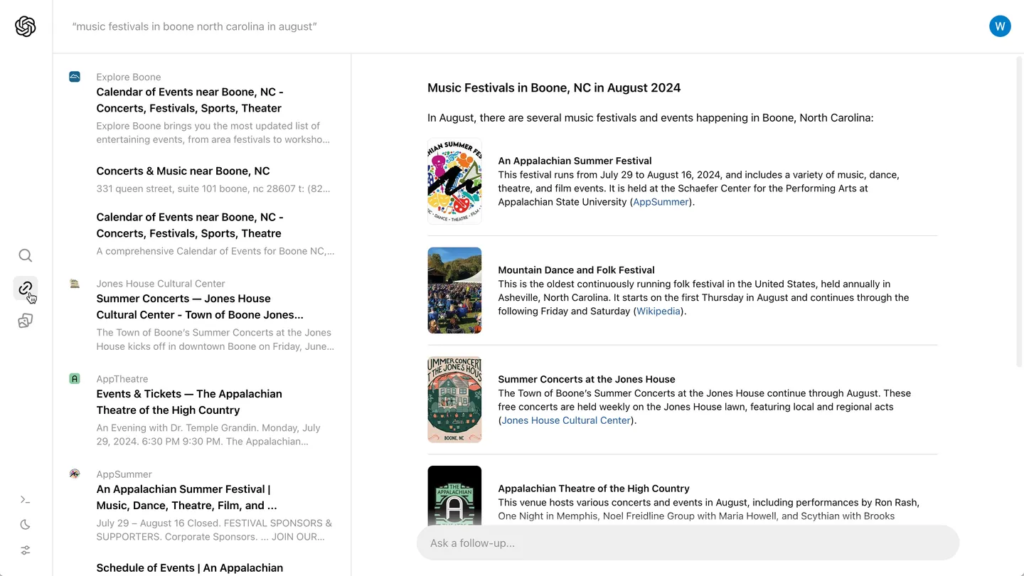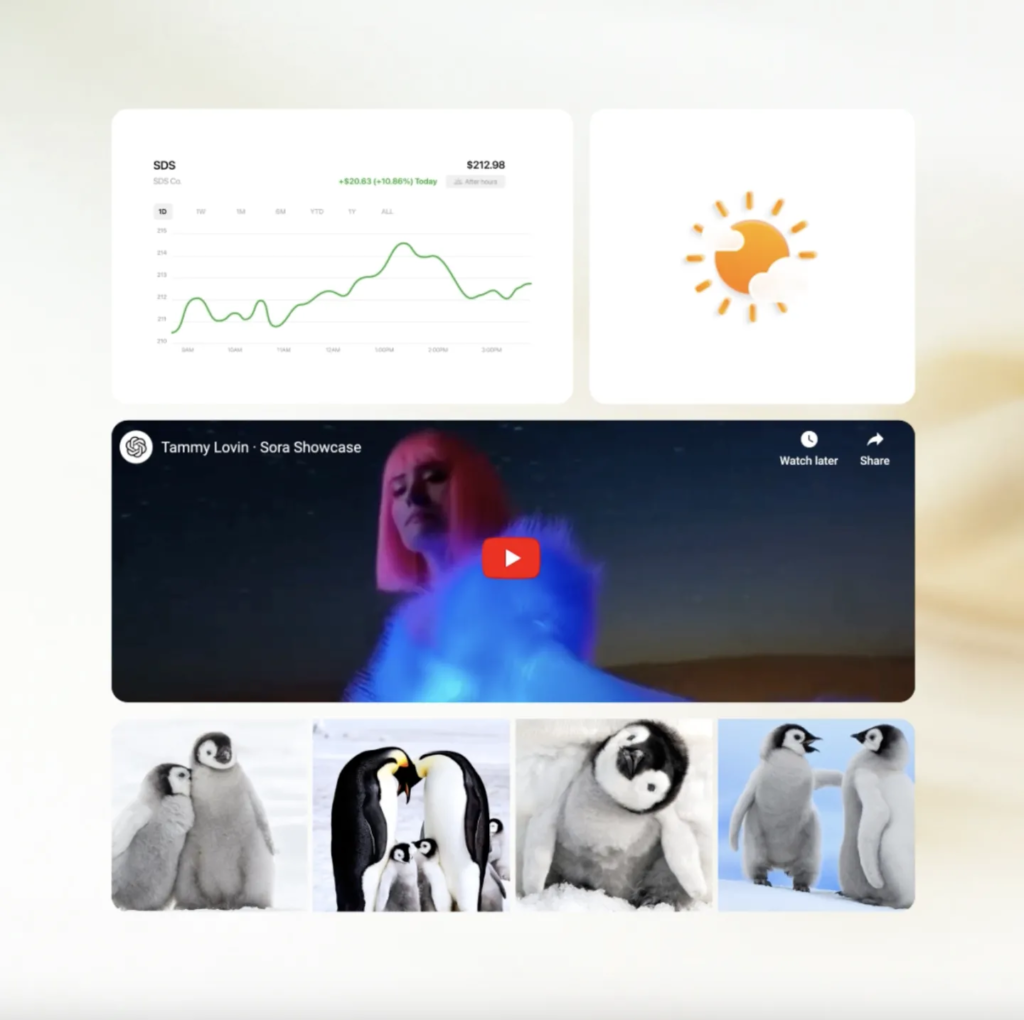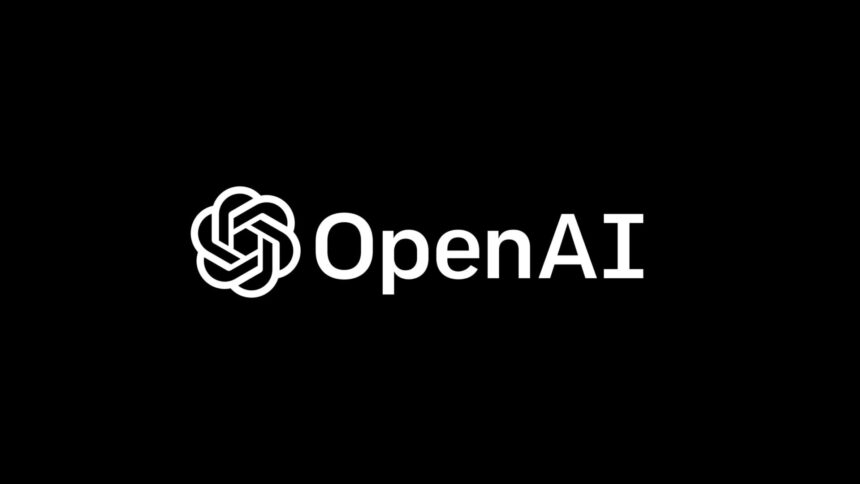OpenAI is making a significant leap into the search market with the launch of SearchGPT, an AI-powered search engine designed to provide real-time access to information across the internet. Unlike traditional search engines that return a list of links, SearchGPT organizes and interprets information to deliver concise and useful answers.
Key Features of SearchGPT

- Interactive Search Experience:
- Users start with a large textbox asking, “What are you looking for?”
- The search engine provides summaries and short descriptions of results, followed by attribution links.
- Contextual Understanding:
- Example: It can summarize information on music festivals or explain planting tips for tomatoes, breaking down different plant varieties.
- Follow-Up and Visual Answers:

Image: OpenAI
- Users can ask follow-up questions or explore other relevant links via a sidebar.
- A “visual answers” feature is in development, details pending.
- Prototype Launch:
- Initially accessible to 10,000 test users.
- Powered by the GPT-4 family of models.
- Collaboration with News Partners:
- Developed in collaboration with news organizations like The Wall Street Journal, The Associated Press, and Vox Media.
- Publishers can manage their appearance in search results and opt out of content training.
- Attribution and Linking:
- Clear in-line attributions and links to original sources.
- Designed to connect users with publishers directly.
Competitive Landscape

Image: OpenAI
SearchGPT marks OpenAI’s foray into a competitive space dominated by Google. Google has been integrating AI features into its search engine, anticipating competition from new AI-driven products like SearchGPT. OpenAI’s approach aims to differentiate itself by focusing on collaboration with publishers and ensuring proper attributions, unlike competitors like Perplexity, which faced criticism for content issues.
Development and Future Plans
- Background: Development whispers started in early 2023, with increased activity and poaching of Google employees for OpenAI’s search team.
- Real-Time Web Integration: Following steps like the “Browse with Bing” feature, SearchGPT represents a more sophisticated integration with real-time web data.
- Cost and Monetization: The AI training and inference costs are high, estimated to reach $7 billion this year. Initially free, SearchGPT will need a monetization strategy, as it currently lacks ads.
Conclusion
SearchGPT is an innovative step by OpenAI towards revolutionizing how users interact with search engines. By providing more meaningful, organized, and attributed search results, it aims to enhance the search experience and challenge existing players in the market. As a prototype, it also allows OpenAI to refine the service based on user feedback and avoid pitfalls seen in other AI-driven search products.









